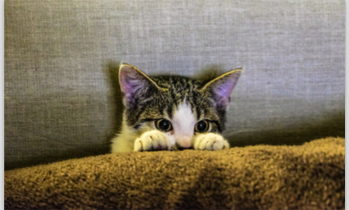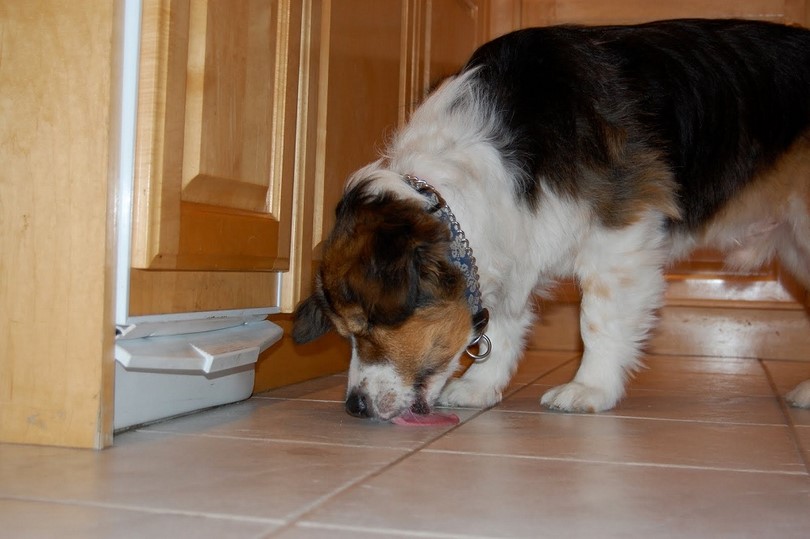Pets and Smoking
Thanks to Chloe Bloom for contributing this guest blog about an issue very important to your pet's health and longevity.
The dangers of passive smoking have been known for some time now. Without a second thought we protect our children from its harmful toxins.However for some reason many people do not seem to be aware that the same dangers that humans face from second hand smoke also harm animals too.Several studies have been conducted on this topic. They have produced some rather worrying results.

Researchers examined the medical history of two groups of cats. One group had lived in homes that were regularly smoked in, and the other group were from non smoking homes.Theyfound that by living with a smoker that smokes inside their home, cats are twice as likely to be diagnosed with lymphoma after one year. If the cat lives in a smokers home for five years or more they are three times more likely to be diagnosed.
Its not just cats either. There are a growing number of studies that have been done on other popular species of pet.
Third hand smoke is something that many people are unaware of, mainly because it is a new concept. Third hand smoke is the residue that is left behind by cigarette smoke. It gets everywhere when a home is smoked in, and it will stay there for several weeks.
Humans (with the exception of small children) are not usually at risk from third hand smoke. Mainly because it is most dangerous when it is ingested. We keep most of our food in sealed containers, and do not put many household objects in our mouths - limiting the amount of exposure.
However our pets often use their mouth to explore their world.

In a smoking household, every time our pets do anything with their mouths they are ingesting carcinogenic third hand smoke. Every time they eat, or drink, or pick up a toy or groom themselves they are being harmed.
I am sure no one reading this is intentionally harming their pets by smoking inside the house with them. So what can be done?The best thing a smoking pet owner can do to reduce the amount of exposure that their pet experience is to quit smoking. But in the meantime there are a few things you can do.
The main step you can take to protect your pet is to always smoke outside. Never smoke indoors. Just one cigarette will coat your entire property in third hand smoke.Researchers who investigated third hand smoke found any other method was ineffective at reducing its spread. So this means things like opening a window, or smoking in a separate room to your pet will not be enough to reduce their risk to acceptable levels.
Even when smoking outdoors your pet will still be exposed to third hand smoke as it clings to your skin, hair, and clothes. But smoking outside is a significant improvement over doing nothing at all.So if you are a smoking pet owner, please smoke responsibly and smoke outside.
Our pets are part of the family. Protect them from your smoke like you would protect your child.